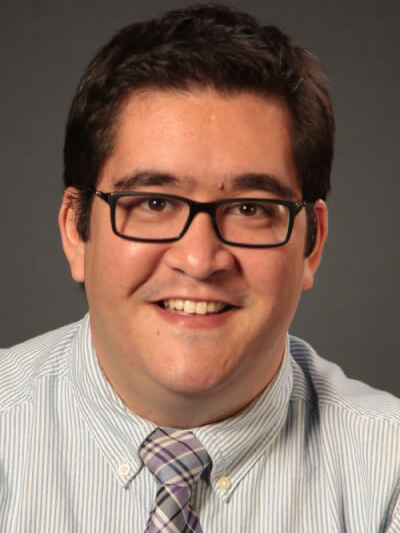Marcus A. Hong
Director of Field Education, Assistant Professor of Practical Theology, Director of the Sun-Walking Fellowship, Chapel Worship Coordinator

Alma College, BA; Princeton Theological Seminary, MACE, MDiv, PhD (anticipated 2023)
Marcus A. Hong joined Louisville Seminary’s faculty in 2016. Born in Salt Lake City, UT, he has lived in Michigan and New Jersey prior to coming to Kentucky. He is currently seeking ordination in the Presbyterian Church (USA).
His service of Christian ministry has taken multiple forms: music and worship leadership in college chapels, a PCUSA 1001 worshipping community, and high school youth groups; youth ministry in congregations large and small; educational and pastoral internships in three PCUSA churches in New Jersey; and lay pastor for two micro United Methodist churches in rural New Jersey. He regularly leads worship and music for Youth and College Conferences around the country. He now guides the multicultural and ecumenical worshipping life of Louisville Presbyterian Theological Seminary as Chapel Worship Coordinator.
His contributions to the broader church include writing liturgies for the Connections Worship Companion series (WJK Press, 2021–present) and developing courses and curricula, including writing foundational essays for the PCUSA’s Follow Me curriculum (2021–2023), and creating UWorship, a UKirk Worship Resource (Presbyterian Publishing Corporation, 2015), which was written with a team of campus ministers. His editorial and research contributions can be seen in such publications as How Youth Ministry Can Change Theological Education—If We Let It (Eerdmans, 2016) and With Piety and Learning (Lit Verlag, 2011). He recently published a chapter on “Learning through our Community” in Enlighten: Formational Learning in Theological Field Education (Rowman and Littlefield, 2020). His current research interests include intercultural worship, intergenerational arts-based ministry, the Psalms and spiritual formation, and the ways in which poetic and musical forms shape communities of radical welcome and hospitality.
From my background in a variety of ministries, I imagine that the future of field education lies not only in congregational or medical contexts, but also in more creative ventures. Collaboration must take into account students’ passions. The work we do in field education may enable us to be a part of reimagining how church looks.
—Marcus A. Hong
